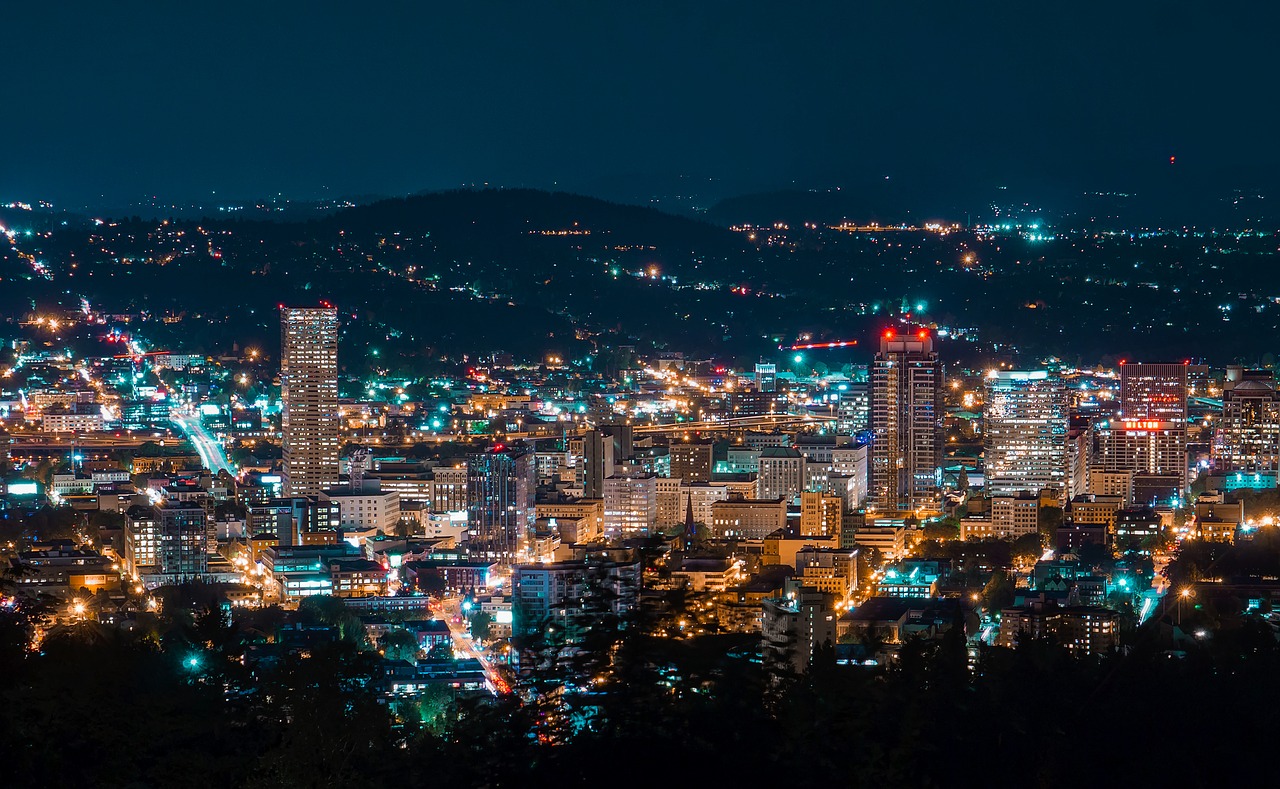

In 2018, more than 50 years after Nixon declared the War on Drugs, nearly 1.7 million people were arrested for drug law violations, reports the FBI.
In 2017, Black Americans made up 27% of arrests for drug law violations across the U.S., despite making up just 13.4% of the population.
To account for the long-lasting effects of criminalization, Oregon became the first state in the nation to decriminalize the possession and personal use of all drugs.
Measure 110
Measure 110, which passed with 55.8% of the vote, lessens the punishment for possession of small amounts of substances such as heroin, cocaine and methamphetamine from jail time, to a small fine.
Those caught with the substances will be subject to a $100 fine or required to complete a health assessment within 45 days. Still, possession of larger amounts could result in a misdemeanor charge. Regulations will also prohibit drugs like cocaine and heroin from being sold or distributed.
Measure 110, which takes effect on February 21st, 2021, also expands access to addiction assistance and other health services by redirecting funds from incarceration, law enforcement, and pre-existing cannabis sales tax revenue.
In addition, Oregon became the first state to legalize psilocybin mushrooms for therapeutic purposes.
“A Landmark Declaration”
“Today’s victory is a landmark declaration that the time has come to stop criminalizing people for drug use,” said Drug Policy Alliance Executive Director, Kassandra Frederique, in a press release.
“Measure 110 is arguably the biggest blow to the water on drugs to date. It shifts the focus where it belongs — on the people and public health — and removes one of the most common justifications for law enforcement to harass, arrest, prosecute, incarcerate, and deport people.”
Countries like Portugal, which decriminalized drugs and instated harm reduction programs in 2001, have seen a decline in the number of opioid-overdose deaths and diseases associated with injection drug use such as hepatitis C and H.I.V.
In fact, according to the NY Daily News, as of May 2019, cocaine and heroin use in Portugal has decreased by 70%. H.I.V infections have also been cut in half.
“What About the Kids?”
While the results of Portugal’s decriminalization process are promising, some recovering addicts are concerned over the idea.
In a recent interview with TMZ, Jackass legend Steve-O, who has been sober for nearly 11 years, noted his concern over the new law’s potential effects on kids.
“The fact that that’s actually true is so mind-boggling to me. To try to compute it, as a drug addict, like, what would that mean for me if it was like ‘hey, I can just do cocaine?,” he pondered.
“Honestly, I don’t think anything would be anything different,” he explained further. “When I was doing cocaine, nothing would stop me. I don’t think whether it’s legal or not makes a difference, but there’s also an argument that little kids are going to want to try cocaine and meth because it’s not that bad, ya know?”
Steve-O is not alone is his worry.
“What about the kids?” is a prominent concern amongst decriminalization skeptics.
A 2018 analysis led by the Washington University School of Medicine, found no rise in drug use among young people in five states that decriminalized cannabis between 2007 and 2015.
A study published in the National Library of Medicine found that while adolescents who use cannabis heavily demonstrate decrements compared to non-using teens, it is still unknown whether cannabis caused or contributed to those effects.
Because cannabis remains illegal on a federal level, however, research is still limited.



Leave a Reply